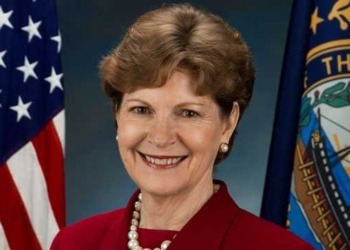The FINANCIAL — According to a new NPR/Robert Wood Johnson Foundation/Harvard T.H. Chan School of Public Health poll, rural Americans cite drug/opioid abuse as the biggest problem facing their local community (25%), followed by economic concerns (21%).
The poll of 1,300 adults living in the rural United States found that a majority of rural Americans (57%) say opioid addiction is a serious problem in their community, and about half (49%) say they personally know someone who has struggled with opioid addiction. “What has been widely recognized is the serious economic problems facing rural communities today. What has not is that drug/opioid abuse in rural communities is now viewed with the same high level of concern as economic threats,” said Robert J. Blendon, co-director of the survey and the Richard L. Menschel Professor of Health Policy and Political Analysis at Harvard T.H. Chan School of Public Health.
On economic issues, rural Americans largely hold negative views of their local economy, but nearly one-third have seen economic progress in recent years. A majority of rural Americans (55%) rate their local economy as only fair or poor, while over the past five years, 31% say their local economy has gotten better, and 21% say it has gotten worse.
Rural Americans are divided over whether they expect the major problems facing their communities will be solved in the near future, and a majority believe outside help will be necessary to solve these problems. About half of rural Americans (51%) say they are confident that major problems facing their local community will be solved in the next five years, and 58% believe their community needs outside help to solve its major problems. Among those who say their community needs outside help, about six in ten rural Americans (61%) think the government will play the greatest role in solving major problems facing their local community.
In addition, many rural Americans are optimistic about the future. A majority of rural parents (55%) think their children will be better off financially than themselves when their children become their age.


































Discussion about this post